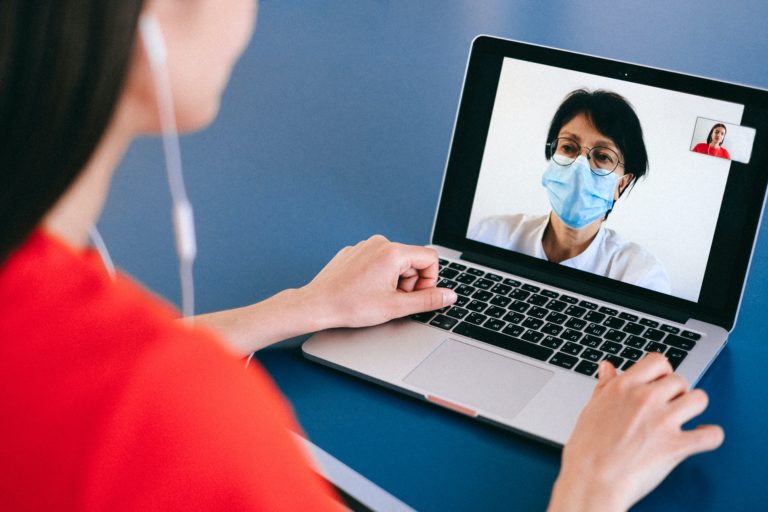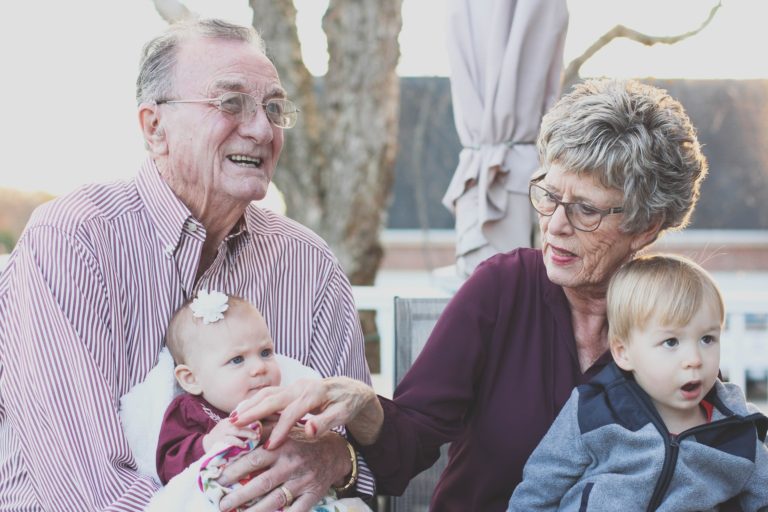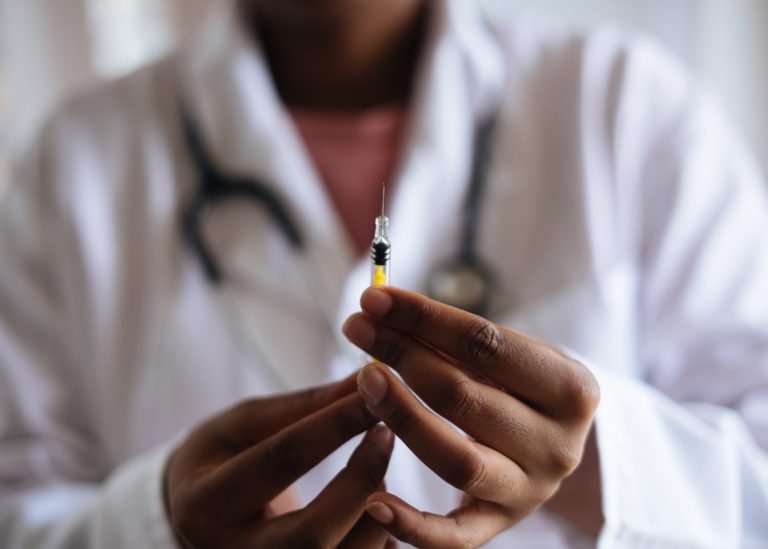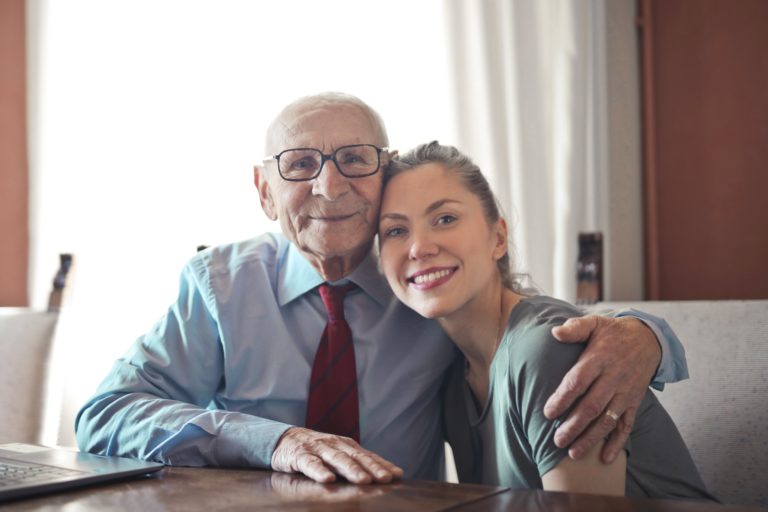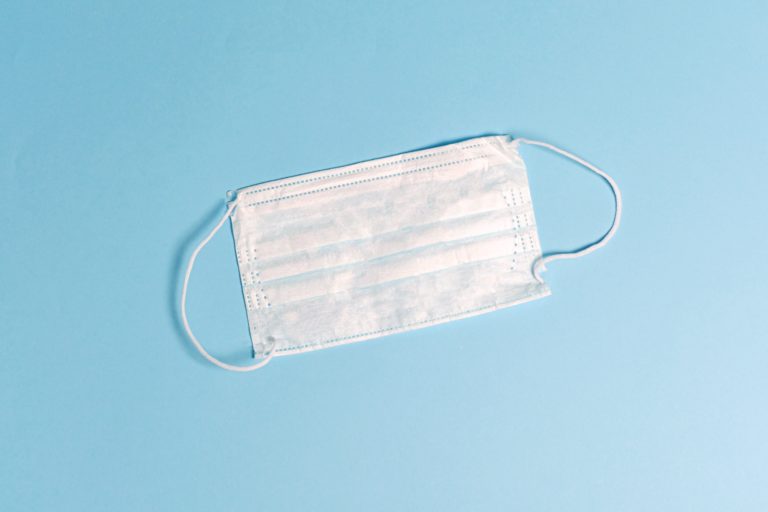
Tips for Caregiving during the Pandemic
The Harvard Health Letter provides some great tips in its recent article entitled “Caregiving during the pandemic” to make certain that a loved one is receiving the best care.
Direct Communication. If your elderly family member can communicate well, talk to them daily and remember that when you ask basic questions like “How are you feeling?” “Are you eating and drinking enough?” “Are you getting enough sleep?” However, that you may not get a straight answer. They may just tell you what you want to hear. Therefore, try to get a more realistic picture. Listen to how they sound on the call, and see if they sound different, sad, confused, or tired. Ask them how they’ve been spending their time and who they’ve seen that day. Look for clues that they may be getting sick.
Speak with The Staff. Ask questions. Start with the director of nursing or a caseworker. You can tell the staff you’re worried and that you may be asking more questions than usual. Find out how often they’re able to give you updates and have a list of questions that includes the following aspects of your loved one’s health and well-being.
- Socialization. Ask if your family member is participating in activities or just staying in their room most of the time. If they’re not getting out, ask about a plan to get them back into a healthy social and physical routine.
- Does the staff feel your senior is in generally good spirits, or is there an issue? Is this impacting their health or daily activities?
- Physical Strength. Is your parent having difficulty rising from a chair or feeling unsteady when walking? Inactivity can diminish muscle strength and cause falls. Get them into an exercise routine or physical therapy.
- Eating Habits. Are they eating and drinking enough, and what is the staff doing to encourage nutrition and hydration? A change in eating and drinking habits can mean a change in mood and should be addressed by a doctor.
- Have any medications been added or eliminated recently, and for what reason?
- Continence. Ask if your senior is able to get to the bathroom on time. If they’re incontinent, what’s the plan to deal with this issue?
- Hygiene. Is your elderly loved one is able to bathe, brush his or her teeth and do other bathroom activities? If not, ask how often the staff is providing assistance.
- Cognitive Skills. Ask if there’s been any change in your loved one’s ability to reason or have a conversation. In some cases, it might be linked to something fixable, like medication side effects or a urinary tract infection.
If You Find an Issue. Inform the staff about your concerns, especially if you suspect a new problem. Arrange a visit with a physician and try to be on the call if possible.
Social interaction is also important, so encourage loved ones to take part in activities at their facility. In the same fashion, try to connect with your loved one in any way possible. Make frequent visits if they’re allowed, drop off a care package, a card, flowers, or a picture from a grandchild. This is the best way to stave off feelings of isolation and loneliness that so many people in facilities experience.
Reference: Harvard Health Letter (March 2021) “Caregiving during the pandemic”
